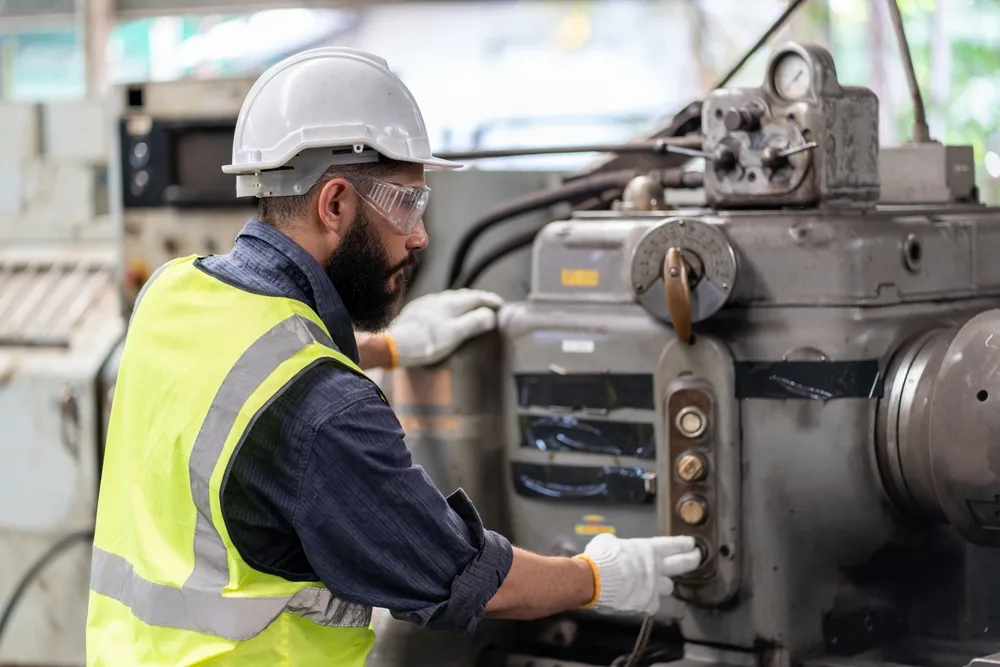Introduction:
In the contemporary world, where architectural styles change at a rapid rate, there is little argument that building facilities management is particularly valuable in maintaining both the functionality and aesthetics of every structure. Additionally, it adopts a different approach to maintenance, embracing advanced equipment specifically designed to repair and maintain buildings. This unarguably determines the structural lifespan and overall wellbeing of the functional edifice.
This course, Modern Building Maintenance, addresses these issues by outlining the scope and relevance of this aspect of building construction. Participants will differentiate between various maintenance levels and will understand the importance of these processes in today’s and tomorrow’s infrastructural development.
The course focuses on Computerized Maintenance Management Systems (CMMS), building management systems, and green building evaluation tools. It highlights how users should conduct tasks such as periodic inspections, utilizing a system of checks, standard maintenance procedures, and non-standard techniques.
Participants will also explore the latest trends in building materials and construction methods that impact maintenance strategies. The course provides insights into managing and creating maintenance activities that maximize the lifespan and effectiveness of building systems, including HVAC, electrical, plumbing, civil, and landscape maintenance.
Objectives:
At the end of this Modern Building Maintenance course, participants will be able to:
- Comprehend the principles of contemporary building repair.
- Update and establish preventive strategies to curb recurrence of performance management systems and approaches.
- Apply energy-saving measures in building operations.
- Ensure safe work practices during maintenance activities.
- Apply state-of-the-art equipment to maintenance.
- Use maintenance management information systems software.
- Implement smart building technology.
- Follow green building codes.
- Inspect buildings periodically.
- Prepare maintenance schedules and programs.
- Take measures to reduce operational impacts on structures.
- Introduce cutting-edge maintenance strategies.
- Manage HVAC systems effectively.
- Assess the availability of electrical systems.
- Conduct efficient plumbing activities.
- Manage basic repairs of different components.
- Carry out site work.
- Enhance knowledge of construction materials and techniques.
Training Methodology:
- Focus group discussions
- Tackling case studies
- Class activities
- Mannequin-based instruction
- Lectures from qualified professionals
- Central coordination of dispute resolution exercises
- Case study
Course Outline:
Unit 1: Applications of the New Concepts of Building Maintenance in Practice
- Basics of modern building maintenance organization.
- Preventing breakdowns before they cause trouble.
- Operation of maintenance management systems.
- Essential laws and policies in maintenance.
- Advancements in maintenance tools and techniques.
- Developing a control mechanism for maintenance programs.
- Evolution of maintenance concepts over the years.
- Time factors affecting building maintenance.
- Managing maintenance expenditures and cost forecasting.
- Coordination and management of teams executing maintenance strategies.
Unit 2: Energy Efficiency and Sustainability
- Strategies for enhancing energy efficiency.
- Greening buildings.
- Using sustainable methods and materials.
- Monitoring and controlling energy usage.
- Examples of efficient maintenance practices.
- Energy evaluation and comparative analysis.
- Incorporating renewable energy sources in buildings.
- Life cycle assessment of building components.
- Water efficiency measures in maintenance.
- Environmental impact of maintenance operations.
Unit 3: Advanced Diagnostic and Maintenance Tools
- Types and uses of diagnostic tools.
- Managing computerized maintenance systems.
- Smart technologies for buildings.
- Condition assessment methods.
- Data-driven preventive maintenance.
- IoT and real-time maintenance monitoring.
- Computer-based "on-demand" maintenance management.
- Benefits of remote diagnostic and monitoring.
- Adjustments and repairs of diagnostic tools.
- Software programs for maintenance management.
Unit 4: Safety Protocols and Risk Management
- Basic safety standards and regulations.
- Risk management and assessment plans.
- Planning and responding to emergencies.
- Personnel training and management for maintenance.
- Incident reporting and investigation.
- Personal safety requirements during work.
- Safety audits and checks.
- Risk assessment and control.
- Ergonomics in maintenance practices.
- Managing and controlling fire hazards during building maintenance.
Unit 5: Specialized Maintenance Areas
- HVAC system maintenance and improvement.
- Water heating, plumbing, and repairs.
- Electrical power system repair and adjustment.
- Plumbing system servicing and repairs.
- Evaluation and rectification of deteriorated components.
- Property and environmental maintenance.
- Waterproofing and roofing services for the building envelope.
- Installation and maintenance of hoists and escalators.
- Indoor atmosphere condition maintenance.
- Control and prevention of pests in building environments.
- Executing periodic maintenance activities and prerequisites.


















